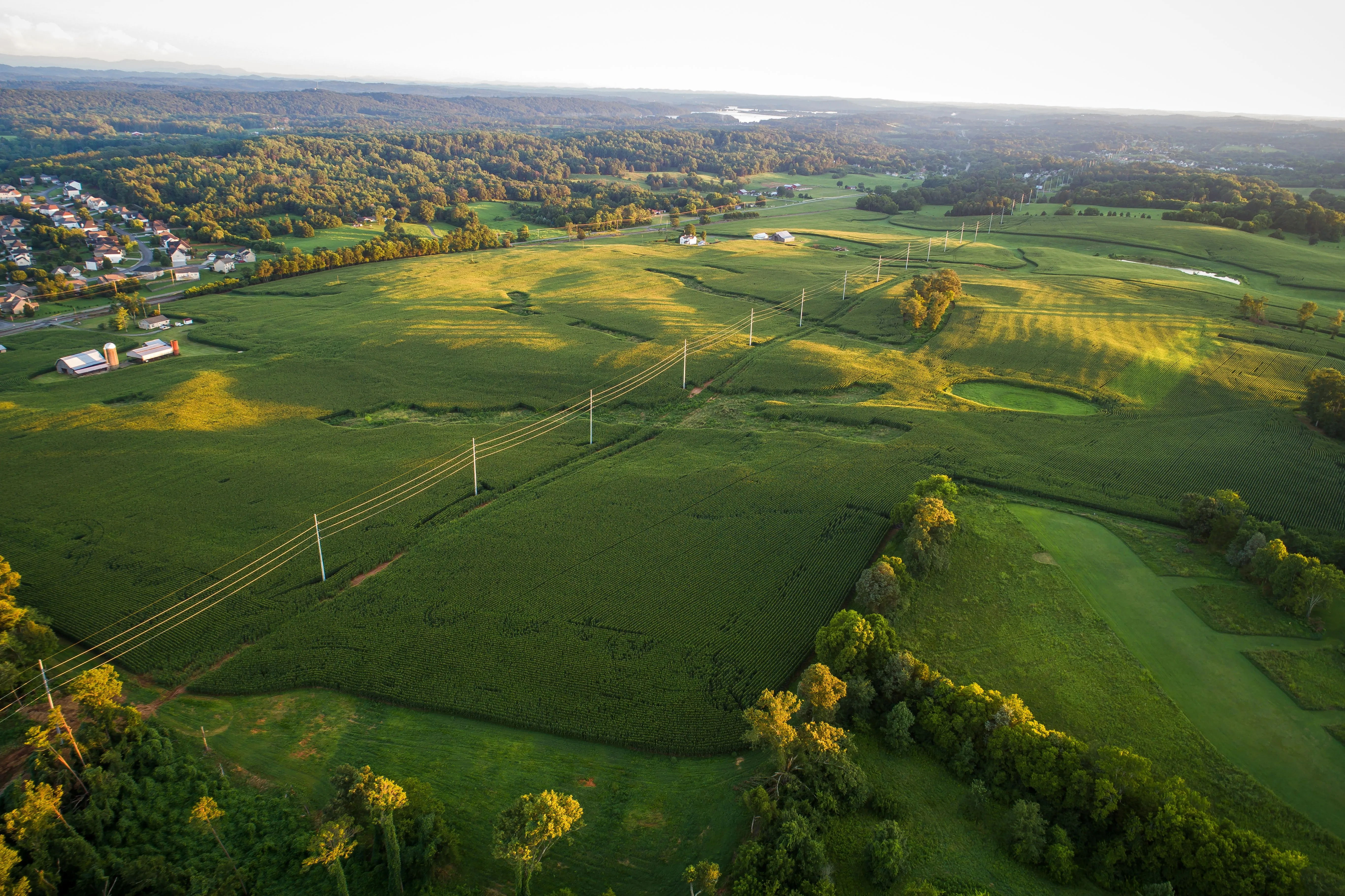Innovations in Sustainable Agriculture: A Look to the Future
Embark on a journey into the future of farming with 'Innovations in Sustainable Agriculture: A Look to the Future' from Vriksha Farms. This blog post provides a forward-looking perspective on sustainable farmland development, showcasing the role of agroforestry, renewable energy, and climate resilience. Learn about cutting-edge techniques and trends that are shaping the world of agriculture, ensuring sustainability and productivity for years to come. Discover how innovative approaches can transform farming into a more resilient and environmentally conscious practice."

Introduction
As sustainable agriculture continues to evolve, innovative practices and technologies are emerging, shaping the future of farming. Vriksha Farms, a leader in responsible agroforestry and sustainable living, is at the forefront of adopting these innovations. This blog post explores the latest advancements in sustainable agriculture and how they are paving the way for a more efficient, productive, and environmentally friendly farming future.
Cutting-Edge Technologies in Agriculture
Precision Farming
Precision farming utilizes advanced technologies like GPS, drones, and AI to optimize crop planting, watering, and harvesting. This approach leads to higher efficiency and reduced resource usage.
AI and Machine Learning
Artificial Intelligence (AI) and machine learning are being increasingly employed in agriculture for data analysis, predicting weather patterns, and understanding crop health, which helps in making informed decisions.
Sustainable Practices and Techniques
Organic Farming
Organic farming continues to grow in popularity, emphasizing the use of natural fertilizers and pest control methods. This approach reduces chemical usage and promotes environmental health.
Vertical Farming
Vertical farming is an innovative approach that maximizes space usage by growing crops in vertically stacked layers. This method is particularly beneficial in urban areas where space is limited.
Climate Change Adaptation and Mitigation
Developing Climate-Resilient Crops
Genetic engineering and traditional breeding techniques are being used to develop crops that can withstand extreme weather conditions, a crucial adaptation in the face of climate change.
Carbon Farming
Carbon farming involves implementing practices that absorb more carbon from the atmosphere, such as agroforestry and cover cropping, contributing to climate change mitigation.
Economic Implications and Opportunities
Cost-Effective Solutions
Many sustainable agricultural practices are cost-effective in the long run, leading to reduced input costs and higher ROI. Vriksha Farms emphasizes such practices, providing tangible benefits for investors.
Market Opportunities
The growing demand for organic and sustainably grown products opens up new market opportunities. Farmers who adopt sustainable practices can tap into this market, increasing their profitability.
Community Engagement and Education
Knowledge Sharing
Sharing knowledge and experiences in sustainable agriculture helps in spreading best practices and fostering a community of environmentally conscious farmers.
Educational Programs
Educational programs and workshops on sustainable farming techniques are essential for training the next generation of farmers. Vriksha Farms is committed to such educational initiatives.
Conclusion
The future of agriculture lies in sustainable practices and innovations. By embracing these advancements, farmers can improve efficiency, productivity, and environmental sustainability. Vriksha Farms continues to lead in this direction, offering managed farmland plots that integrate the latest in sustainable agriculture, ensuring a prosperous future for both farmers and the environment.
